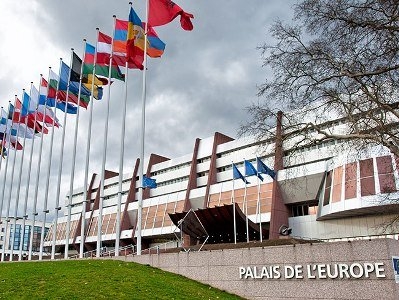CoE on Communication and Online Teaching in Minority Languages
The Committee of Experts of the European Charter for Regional or Minority languages has issued a statement on the importance of communicating on COVID-19 measures, as well as of online teaching in regional and minority languages for pupils from minority communities.
The statement reads:
"Most countries in the world, including the Member States of the Council of Europe, are facing an unprecedented pandemic, the so-called coronavirus, or COVID-19. For a few weeks now, governments have been introducing, gradually and at different paces, a wide range of measures, ranging from basic hygiene recommendations to partial or total confinement of their populations.
"Relevant authorities at the national, regional or local level and medical experts are all reiterating that only by a strict compliance with the measures proposed, will the further spread of the COVID-19 be controlled.
"While welcoming the steps taken, it has to be noted that countries have not systematically shared the information, instructions, guidelines or recommendations in languages other than the official language of the country. This also concerns the traditional regional or minority languages spoken in the respective countries. The communication of relevant recommendations in these languages is of utmost importance for the well-being of the speakers of regional or minority languages.
"It is important, and authorities should not forget, that national minorities are an integral part of their societies and in order for the measures adopted to have full effect, they should be made available and easily accessible to the whole population.
"While the above should be considered as a requirement for the Council of Europe Member States that have ratified the European Charter for Regional or Minority Languages - ECRML - (notably the provisions concerning health care and public administration), other Council of Europe Member States should strongly consider addressing their nationals in all the languages traditionally spoken in their countries.
"In addition, some states have resorted to online teaching or teaching through the medium of TV. In most cases, however, teaching is limited to the official language(s), not considering the needs of the pupils who usually receive education in regional or minority languages. This approach can be considered not only contrary to the Charter’s undertakings but also discriminatory.
"Through this message, the Committee of Experts of the ECRML would like to invite states to take language-related issues into account when developing further policies and instructions to address this exceptional medical crisis."












